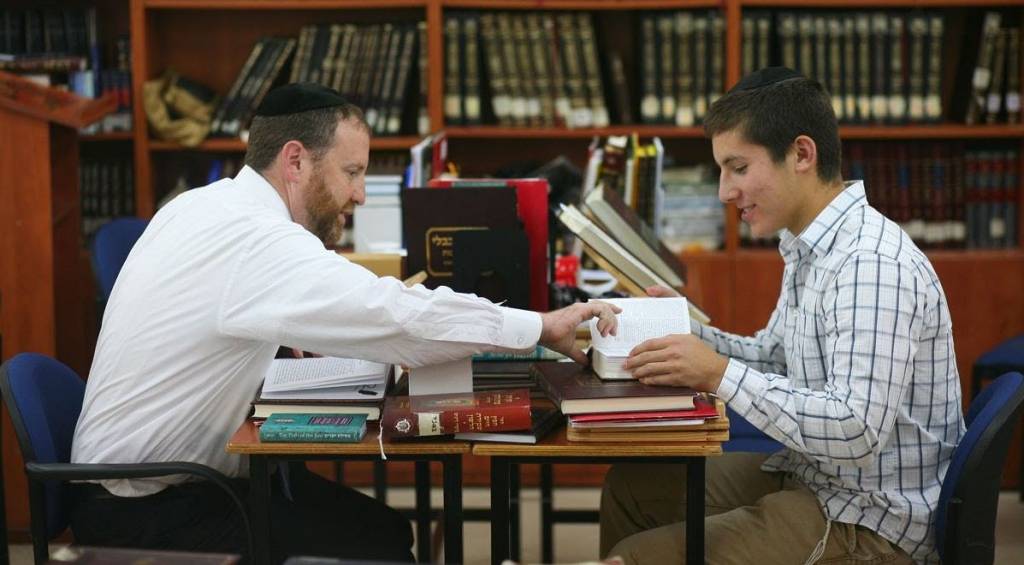
By Rabbi Ari Enkin, Rabbinic Director, United with Israel
A person who wants to plan for retirement should try Torah study. One who studies Torah will always have something meaningful to do.
This week’s Torah portion is Terumah (Exodus 25:1 – 27:19), and in it we read about the constructions of the various utensils, implements and furnishings of the Mishkan, the Tabernacle. The Tabernacle was the portable synagogue that accompanied the Jewish people during the 40 years of wandering in the desert. Eventually, the Holy Temple in Jerusalem replaced the Tabernacle.
The central and most sacred item in the Tabernacle and Holy Temple was the Aron Kodesh, the Holy Ark. Inside the Holy Ark were the tablets of the Ten Commandments along with the Torah scroll that Moses himself had written. It was so holy that it was kept in the “Holy of Holies” room in the Temple. With minor exception, only the high priest was permitted to view the Holy Ark, and only on Yom Kippur.
We are taught that the Holy Ark represents the value of Torah study, which is among the highest values of the Jewish people. Every single person is required to study Torah to the best of his or her ability. We are told that Torah knowledge is among the most valuable “possessions.” As the saying goes, “Knowledge is power,” just as the Midrash (rabbinic literature) teaches us in the following tale.
There was once a Torah scholar riding on a boat with many businessmen. All the businessmen were bringing their wares with them to sell for a handsome profit at their destination. They asked the Torah scholar, “What do you sell? Where is your merchandise?” The Torah scholar responded, “My merchandise is the Torah,” and they began to mock him.
Sometime during the journey, pirates attacked, robbing and plundering everything of value on the boat. Everyone was left destitute – all their wares were stolen. When they arrived at the port and entered the country, they had no merchandise to sell, no profit to be made.
The Torah scholar, however, entered the nearest yeshiva and began teaching Torah. People quickly recognized that he was a great scholar. They treated him with honor and offered him the position of dean of the yeshiva for a handsome salary. This Torah scholar accepted and no longer had to worry about money or employment. All of a sudden, the businessmen who had ridiculed him recognized his greatness and the value of Torah knowledge. They asked him to help them find employment through members of the Jewish community.
This Midrash has a lesson for all of us. There are so many advantages of sitting and learning Torah, setting aside times each day for Torah study, as well as the spiritual pleasure that Torah provides.
Eventually, there will come a day when we will no longer need to work. So what will be then? A person who wants to plan for retirement should try Torah study. One who studies Torah will always have something meaningful to do.
It is taught that a person should never consider himself lonely. When a person studies a page of the Bible or Talmud, he or she is never alone. This is a very penetrating observation. A person can be stripped of his money, of his family, but never of his knowledge. This is the parable of the businessmen and the Torah scholar.
For more insights by Rabbi Ari Enkin on this week’s Torah portion, click on the links below.
https://unitedwithisrael.org/living-torah-building-a-sanctuary-of-giving/
https://unitedwithisrael.org/living-torah-our-own-personal-tabernacle/
